As wildfires in California and elsewhere become the new normal, scientists are racing to learn the airborne health risks of the chemicals in our homes.


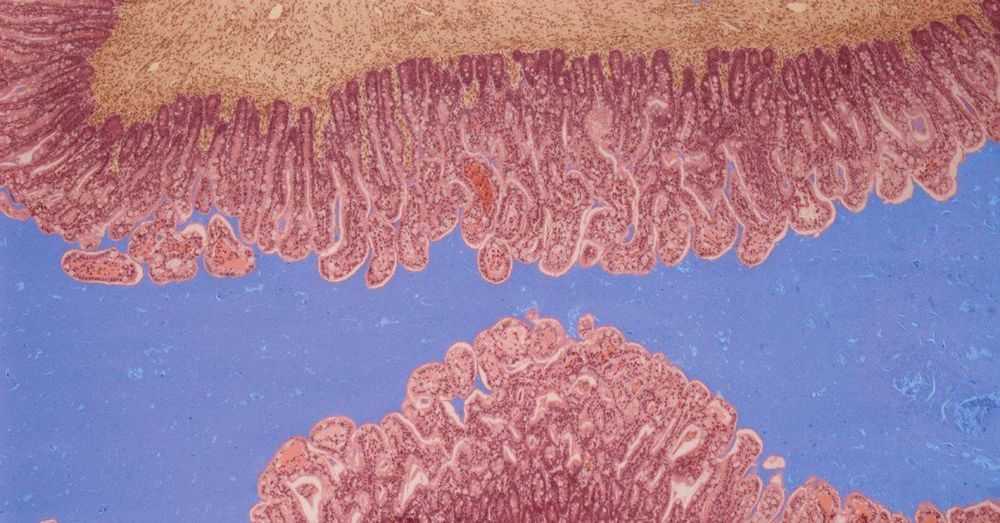
A pair of new studies report “impressive” benefits from a drug therapy for cystic fibrosis, a deadly and devastating disease that affects tens of thousands of people worldwide, the director of the National Institutes of Health wrote in an editorial published in The New England Journal of Medicine on Thursday.
“These findings indicate that it may soon be possible to offer safe and effective molecularly targeted therapies to 90 percent of persons with cystic fibrosis,” wrote the director, Dr. Francis S. Collins, who led the team that in 1989 identified the gene that causes the genetic disease affecting the lungs and digestive system.
“This should be a cause for major celebration,” he wrote in the Thursday editorial.
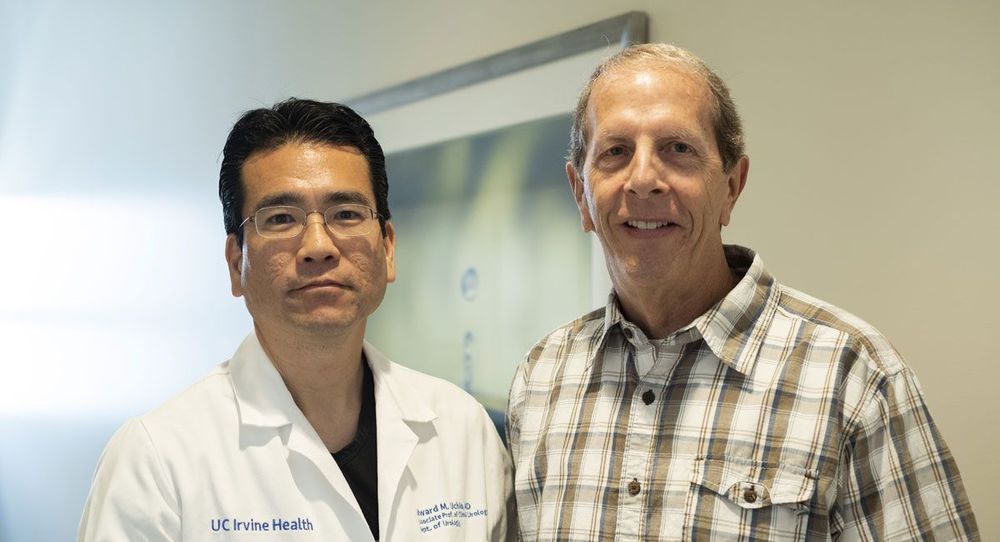
Prostate cancer runs in Jeff Nelson’s family. His brother, uncle and cousins have all been diagnosed with the disease. When his prostate-specific antigen (PSA) test results jumped to 5.5 from 4 in summer 2018, he knew he had to move quickly.
Jeff Nelson chose UCI Health and an investigative treatment for prostate cancer that uses high-intensity sound waves to destroy only the cancer tissue. He’s glad he did.

The calls started pouring in soon after word spread that Dr. Valerie Taylor was testing fecal microbiota transplantation — transferring poop from one body to another — for bipolar disorder.
The mental health condition is different from depression. It comes with mania, the “up” swings that can make people feel superhuman. “But so many people with depression called wanting to take part in the study we felt we had an obligation to try,” said Taylor, chief of psychiatry at the University of Calgary.
Two years after spearheading the bipolar study, the first of its kind in the world, Taylor has now launched a second study testing fecal transplants in people with depression, as well as a third for depression in people who also have irritable bowel syndrome.
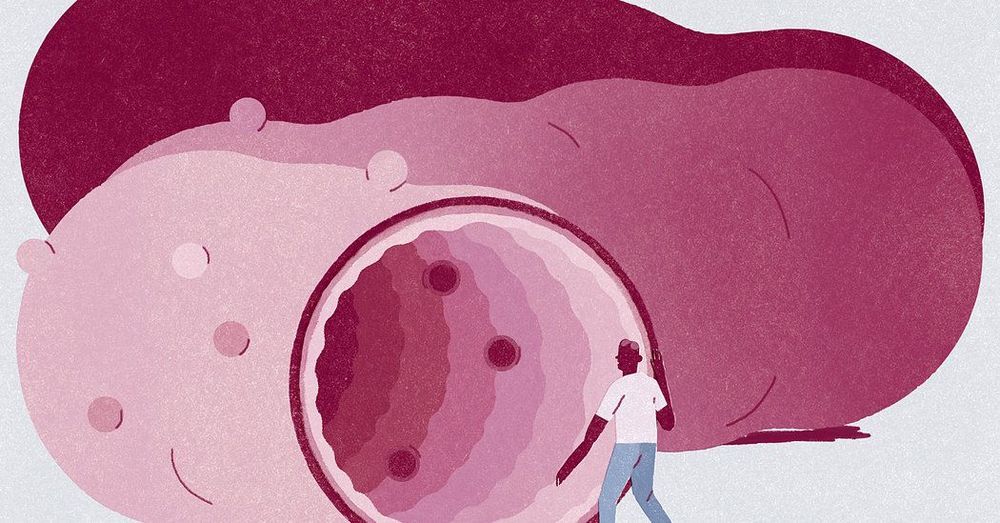
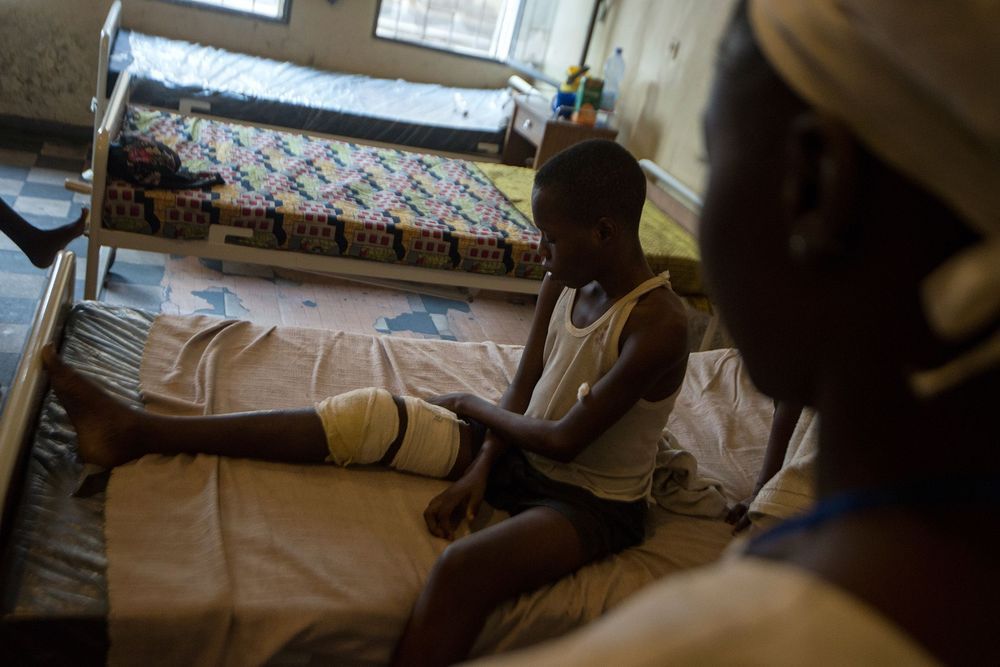
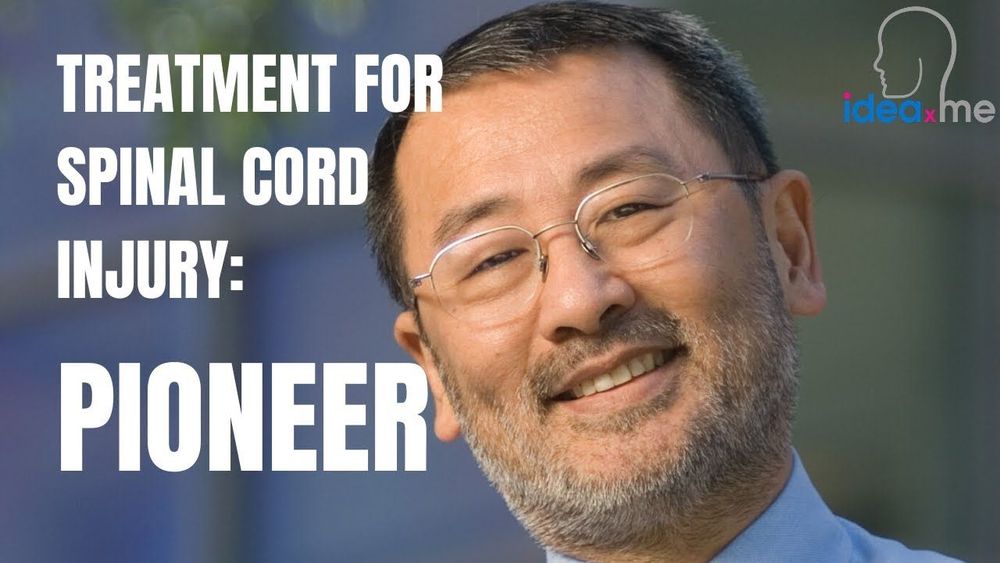
Ira Pastor, ideaXme exponential health ambassador and founder of Bioquark, interviews Dr Wise Young M.D., Ph.D., the Richard H. Shindell Chair in Neuroscience, Distinguished Professor of Cell Biology & Neuroscience and the Founding Director of the W. M. Keck Center for Collaborative Neuroscience at Rutgers University.
If you enjoy this interview please donate to ideaXme here https://radioideaxme.com/contact/.
Spinal Cord Injury
A spinal cord injury (SCI) is defined as any damage to the spinal cord that causes temporary or permanent changes in its function.
Depending on the location and severity of the damage, the symptoms vary, from numbness to paralysis to incontinence. Long term outcomes also vary widely, from full recovery to permanent quadriplegia or paraplegia. Complications can include muscle atrophy, pressure sores, infections, and breathing problems.
Direct medical expenses for spinal cord injuries can run into millions of dollars (not including lost wages and earning potential) and can include: spinal surgery, trauma care (use of a ventilator) rehabilitation (including physical and occupational therapy, speech therapy, and mental health counseling), long-term care, including the costs of in-home aides, medical equipment such as wheelchairs, and medication such as painkillers and antibiotics.
